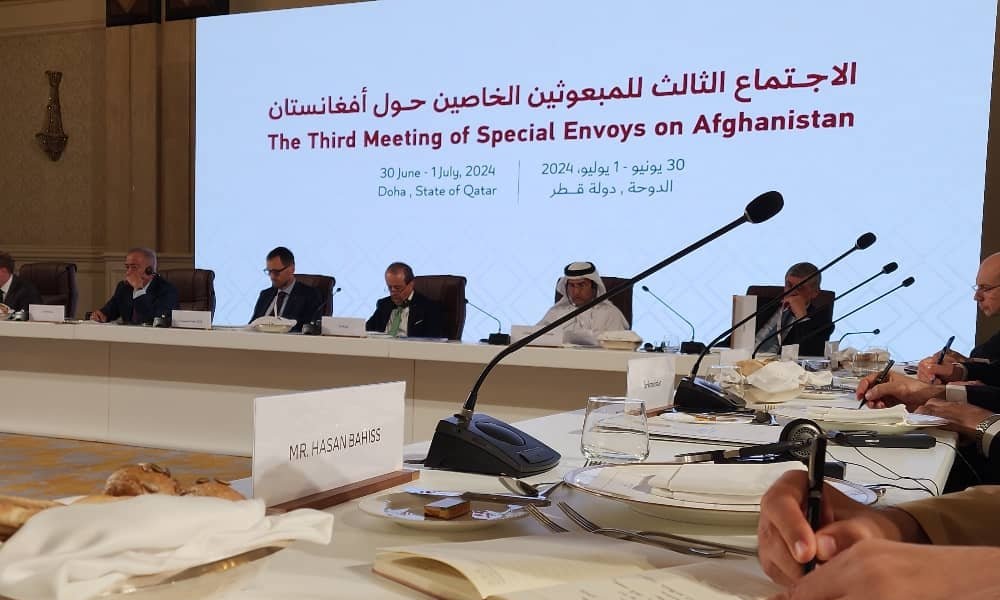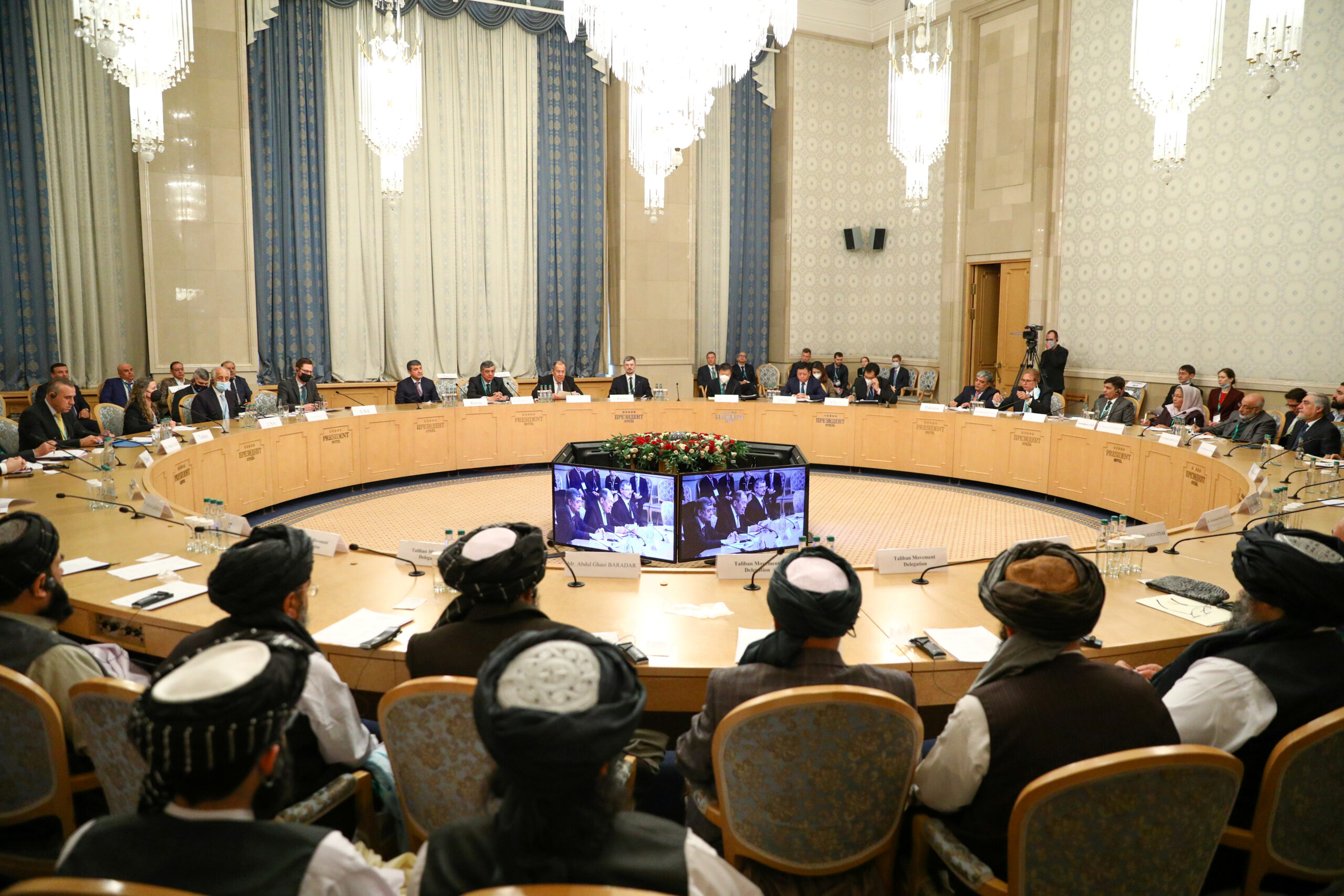The UN-hosted Third Conference on Afghanistan wrapped up on July 1, 2024, in Doha, Qatar. This significant meeting marked the first time that representatives from the Taliban, the current rulers of Afghanistan, took part in such a high-profile international dialogue. Held over two days, the conference aimed to foster communication between Afghanistan and the broader global community. Despite the high hopes, the conference concluded without any major breakthroughs on the discussed agenda.
Who Was at the Table?
Organized by the United Nations, the conference saw participation from representatives of 25 countries and international organizations. Among the notable attendees were delegates from the European Union (EU), the Organization of Islamic Cooperation (OIC), and the Shanghai Cooperation Organization (SCO). India’s Joint Secretary, J. P. Singh, was also present, adding a critical South Asian perspective. Representing the Taliban was their chief spokesperson, Zabihullah Mujahid.
A Timeline of Taliban Engagement with the UN
The Taliban’s journey to the UN table has been tumultuous. They were conspicuously absent from the first UN conference in May 2023, due to an exclusion from the invite list. By the second conference in February 2024, disagreements over participation rules kept them from attending. This third conference, however, marked a change, as the Taliban participated in the discussions, albeit with significant limitations – notably, Afghan Civil Society was excluded from the dialogue, leaving a gap in the representation of the Afghan populace.

Core Discussions: Peace, Rights, and Humanitarian Concerns
The Doha conference centered on two main issues: peace-building in Afghanistan and the Taliban’s imposition of strict Islamic laws, particularly their impact on women’s rights and education. The international community’s goal was to persuade the Taliban to engage in discussions about adhering to global norms and addressing pressing humanitarian concerns.
Women’s Rights Under Taliban Rule
Since their return to power in 2021, the Taliban have imposed harsh restrictions on women, curbing their rights and freedoms in stark contrast to international human rights standards. Girls have been barred from secondary and higher education, women’s employment opportunities have been severely restricted, and strict dress codes have been enforced. These actions have drawn widespread condemnation and have been a central issue in international engagements with the Taliban.
The Challenge of International Recognition
The Taliban’s quest for global legitimacy remains unfulfilled. While countries like China have reopened their diplomatic missions in Kabul, the Taliban have not gained formal recognition as Afghanistan’s government. Their regime is viewed with suspicion and concern, largely due to alleged links with terrorist organizations, posing a perceived security threat.




